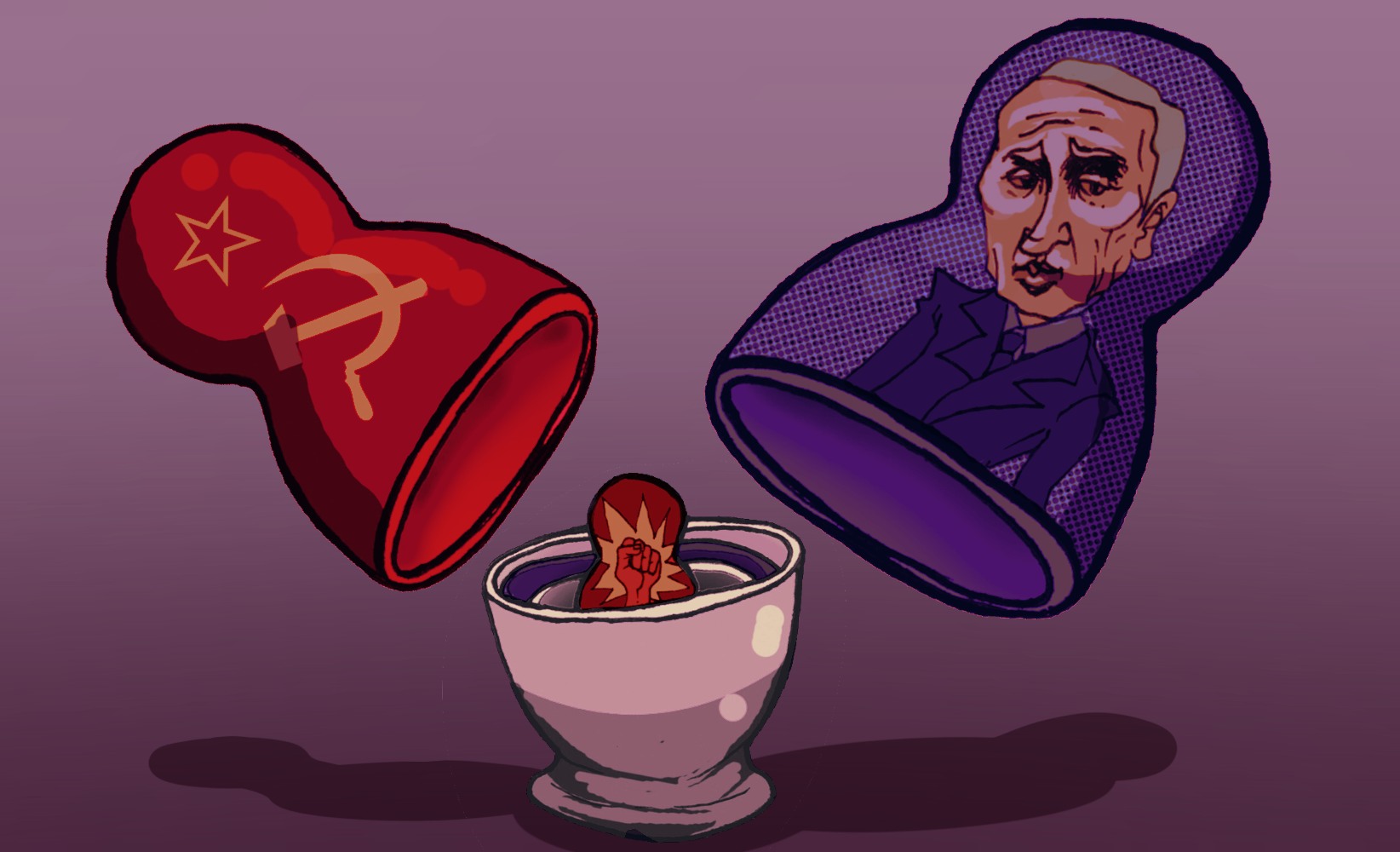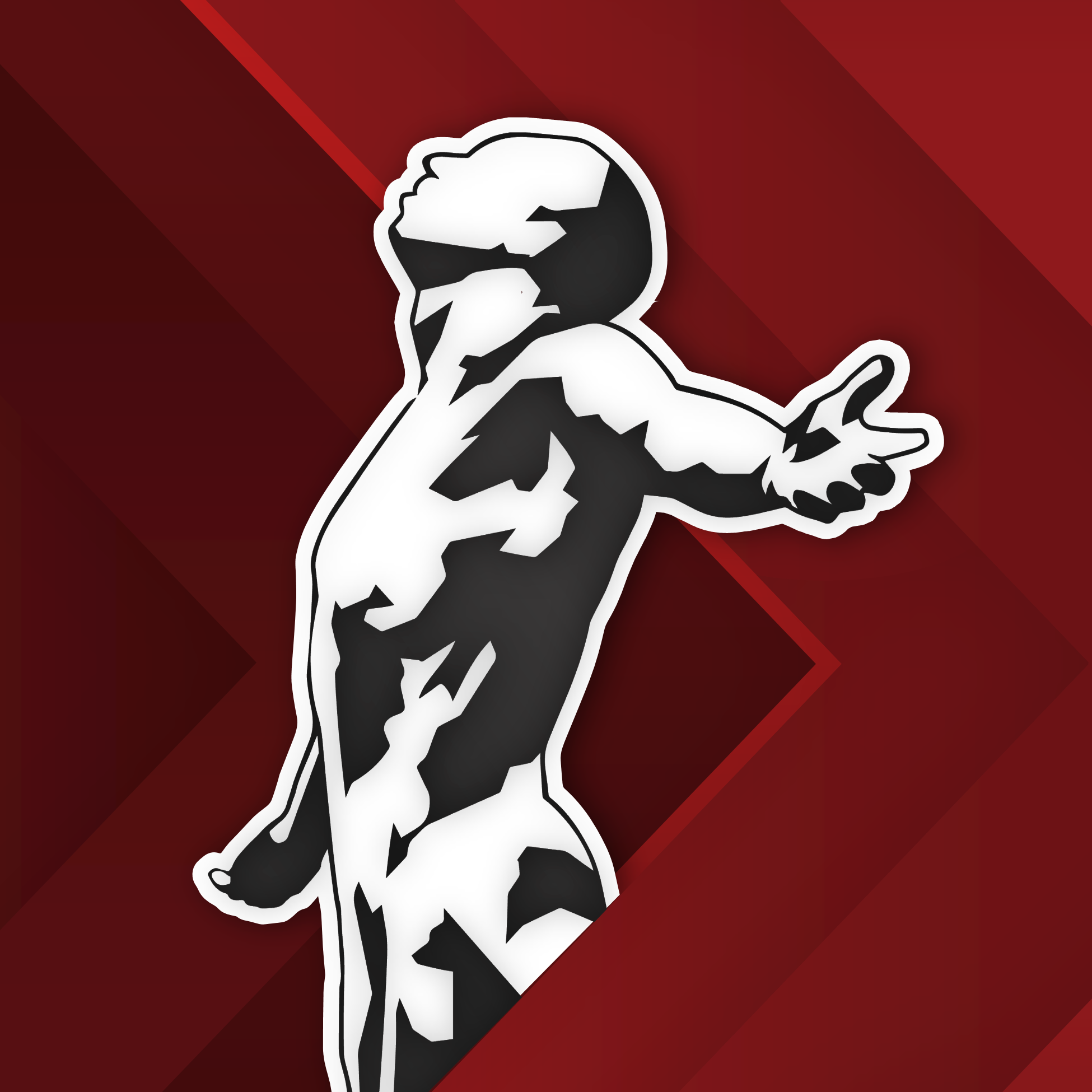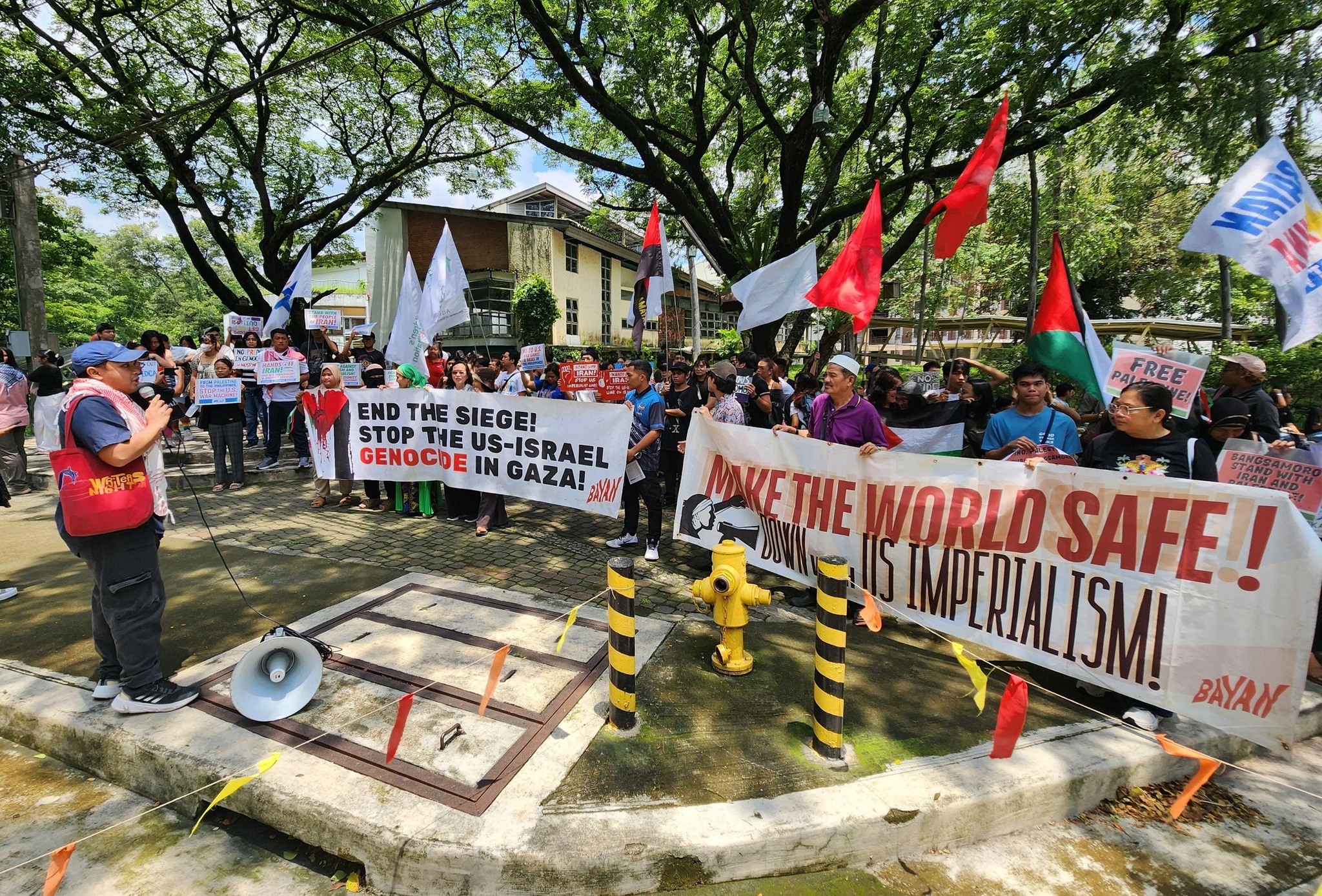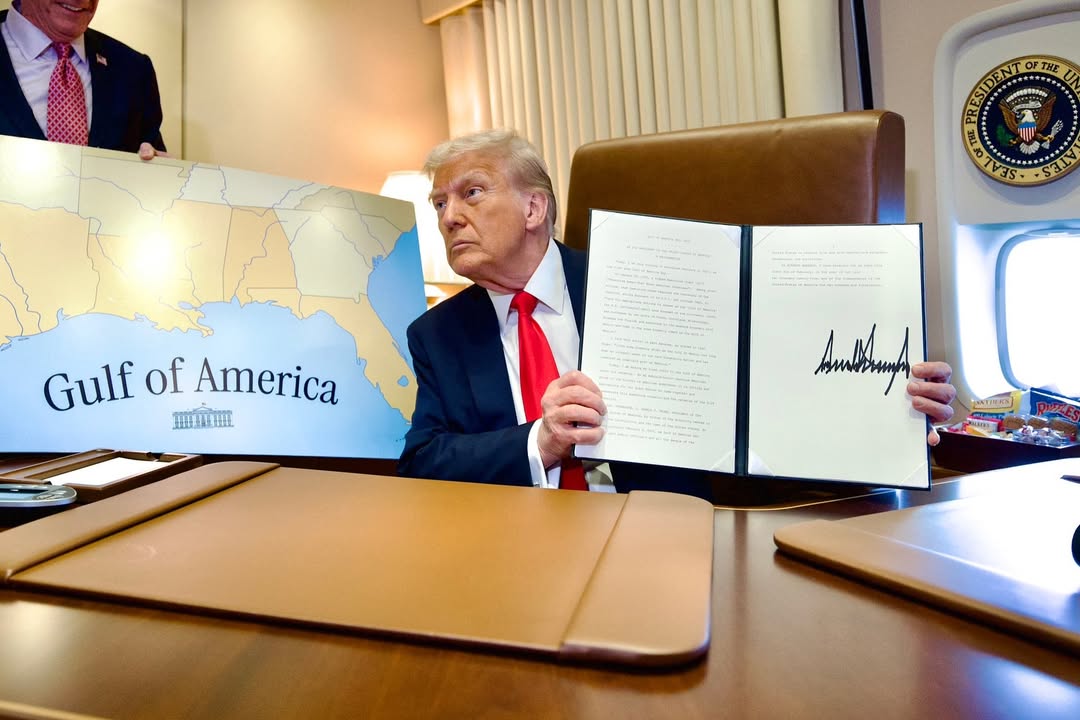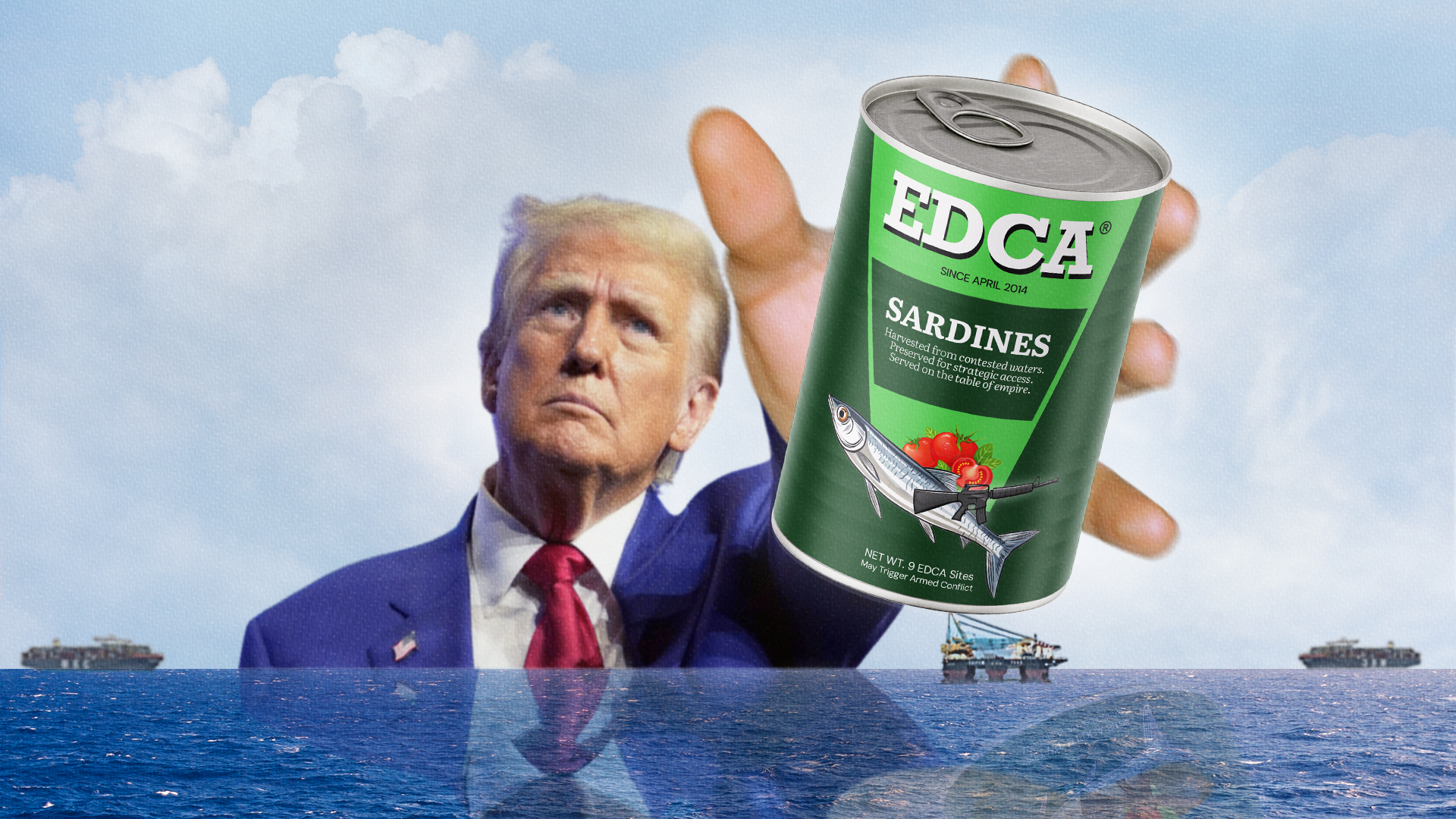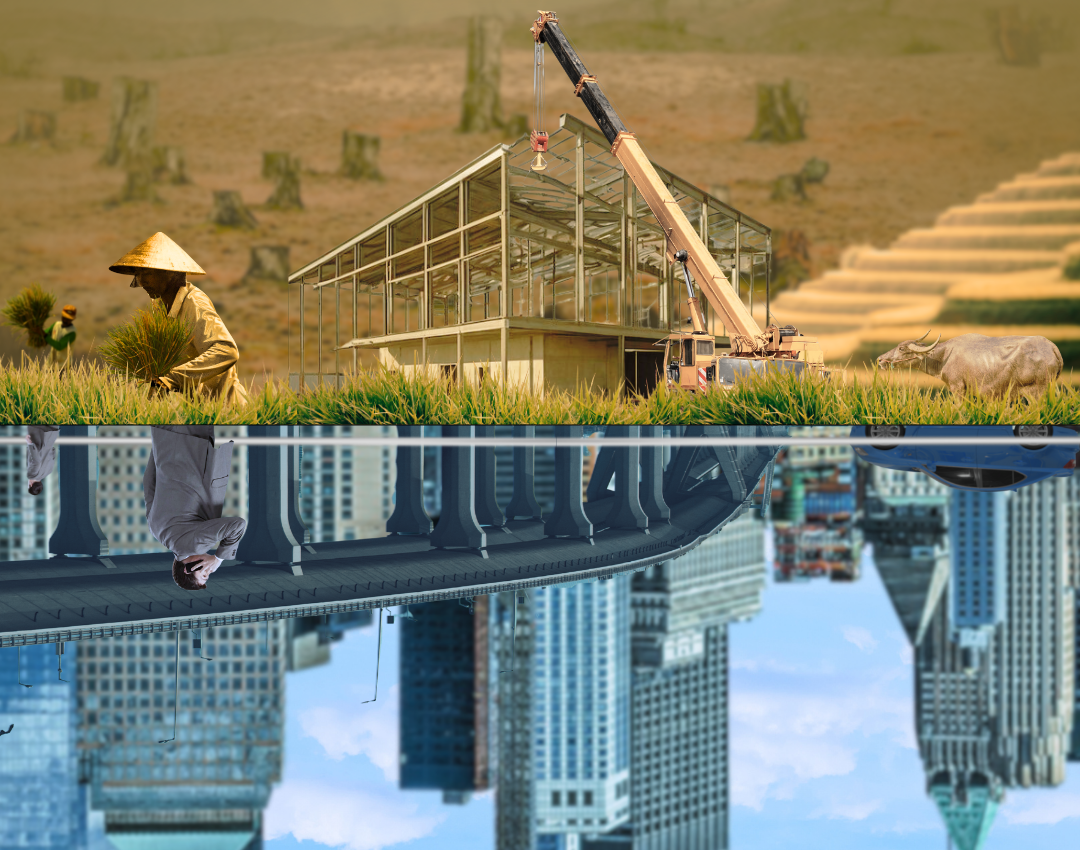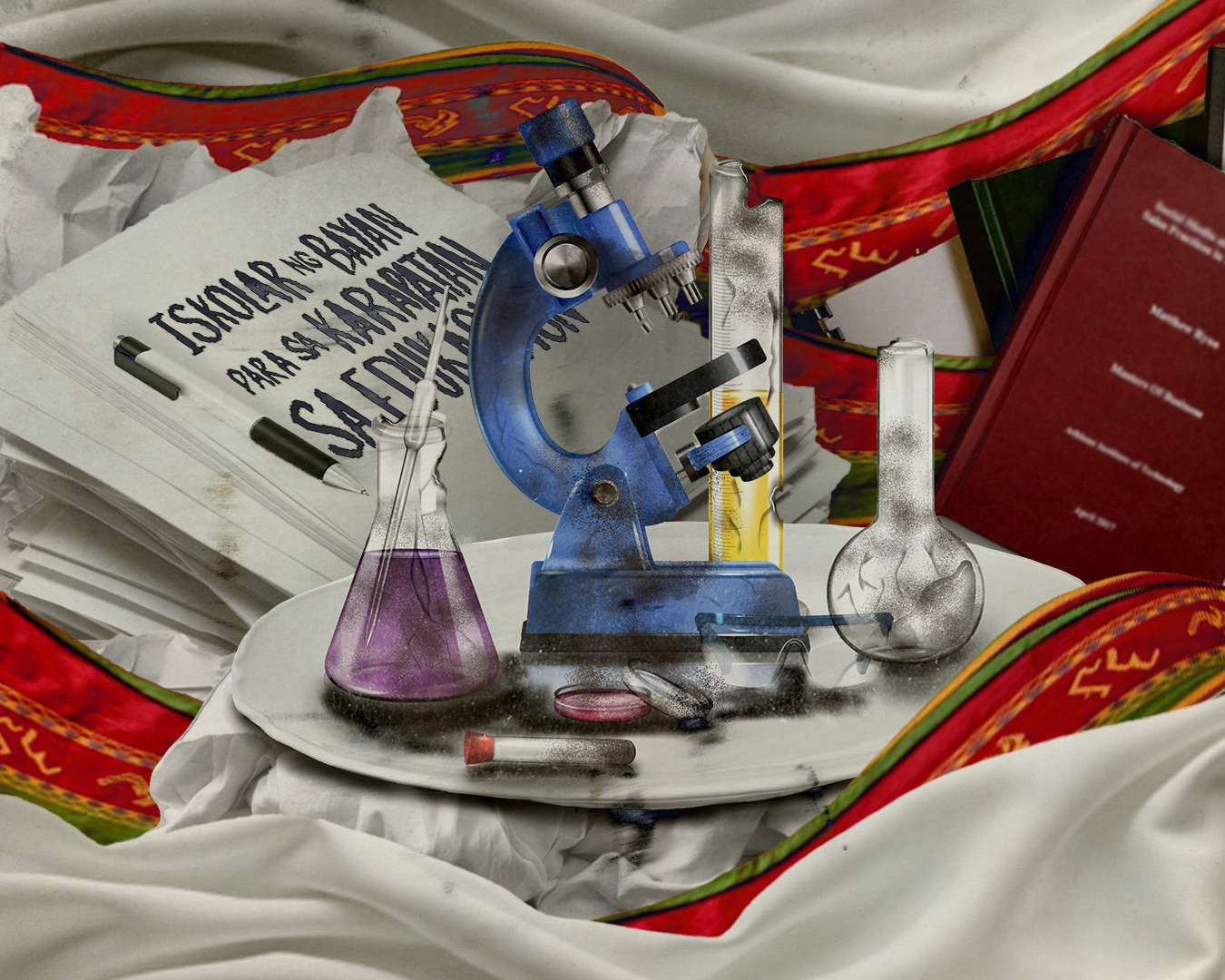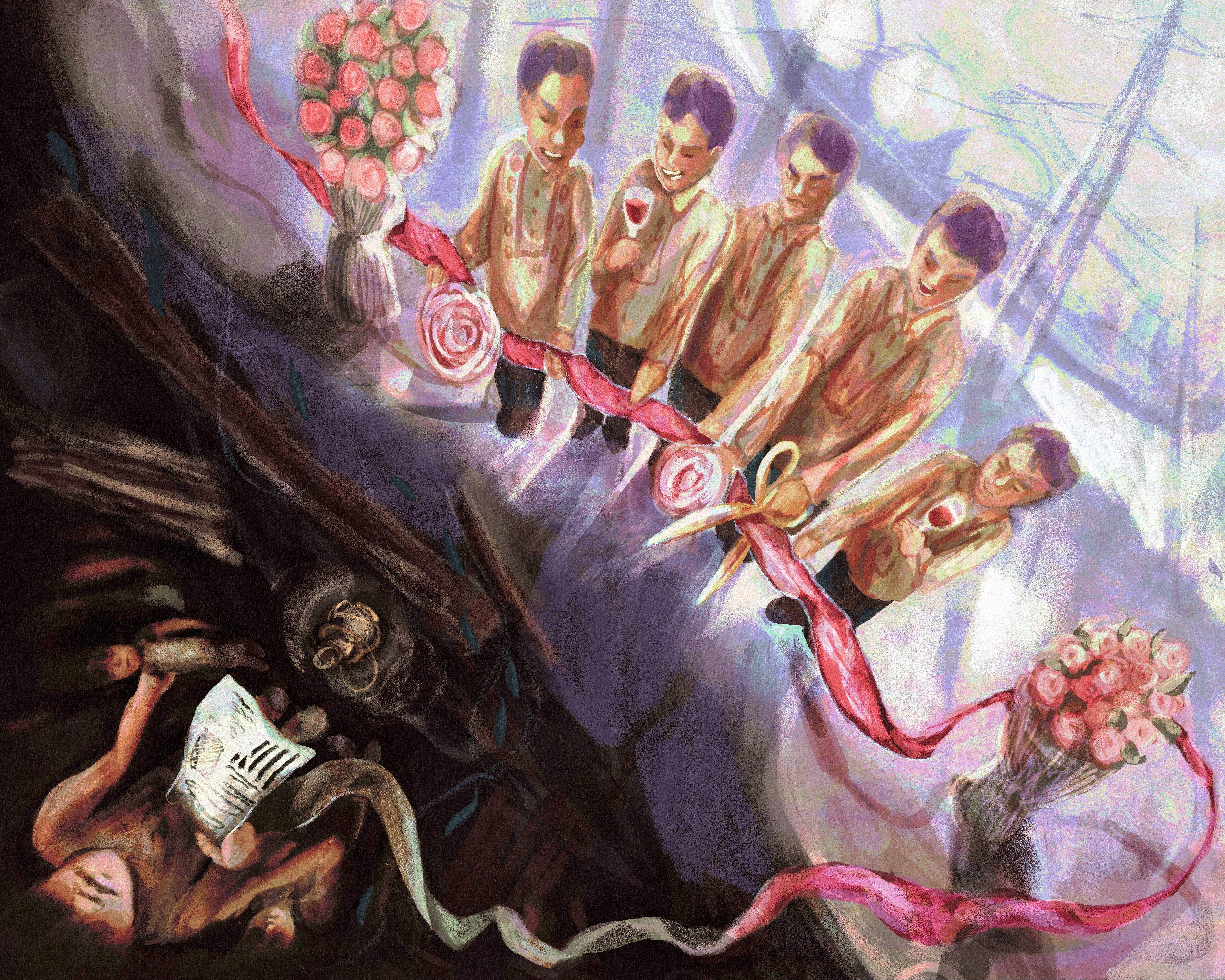By KEVIN MARK R. GOMEZ
My decision to take a master’s degree at St. Petersburg, Russia raised some eyebrows, not the least among those who lived through the Cold War. Even with the iron curtain’s fall and the Soviet Union’s collapse in the 1990s, wide suspicion and scorn of the “communist state” continuously thrive in the popular mind, in a country heavily influenced by the United States.
But Russia’s significance in world politics has yet to wither unlike the Soviet Union. Persevering through tumultuous years as the Russian Federation, born from Soviet ashes, the former superpower’s prime republic is eager to make a comeback, flexing political, economic, and military muscle.
As Russia filled world headlines in recent years, talks of a “resurgent Russia” have gained ground among experts and analysis. To many, still, Russia remains an enigma–a country reeling in the aftermath of an ex-superpower’s failed socialist experiment. Experiencing firsthand what the fallen iron curtain left, it became clearer for me how Russia’s rich past and present continue to shape the global political landscape, the Philippines included.
Remnants
Russia’s history follows the grand pattern of conquest and dominance, of scattered principalities united under the expansionist agenda of a monarchic regime. Spanning centuries, tsars and their nobles ruled the country, waging wars, conquering new territories, and indulging in wealth while the masses languished in poverty–a typical narrative for any great empire I’ve studied in class.
A visit to some famous landmarks like the Winter Palace reminded me how these regal structures of palaces, gardens, and churches tangibly expressed the excesses and grandeur of the tsar’s family.
History took a sharp turn in 1917, when organized workers or soviets, dissatisfied with massive poverty and the rulers’ neglect of the masses’ welfare, seized political power. Since then, the country sketched a new path and marched towards the uncharted road to communism.
With the Soviet Union’s founding, shortly followed by a period of economic prosperity, the possibilities of communism are set to be realized. With the Iron Curtain’s descent after the Second World War, the Soviet Union gained prominence as it engaged the US and its allies in an all-fronts showdown for world supremacy.
The Soviet Union had its ups and downs, had achieved significant strides and certainly committed mistakes. Unfortunately for the system it represents, the Soviet Union’s collapse gave western capitalist countries an opportunity for propaganda, to dismiss communism as simply undesirable.
Yet what I find amusing however, is how Russia remains to be seen as “socialist” or “communist,” when it has long turned its back against its ideals, even during the Soviet Union’s time.
Resurgence
Since settling in the city, it was hard to miss a familiar polar bear-hare-leopard cartoon gang that adorned supermarkets, shops and conspicuous public spaces. They remind pedestrians and shoppers of the upcoming 2014 Sochi Winter Olympics which, experts agree, meant more than a gathering of world athletes united in solidarity–it was also a celebration of Russia’s return to power.
This is no exception. The 2008 Beijing Olympics for instance, often evokes images of a prosperous China, which symbolically showcased its wealth and might before the world.
Hounded by controversies of human rights abuses of migrant workers, disregard for historical ethnic atrocities, and threats of terrorism, the countdown to the Sochi Olympics flickers in city centers. After all, the sports event superficially represents what Russia has in store for the global public.
As part of “BRICS,” a bloc of emerging economic powerhouses composed of Brazil, India, China and South Africa, Russia’s role in the world economic order has become more sharply pronounced. The BRICS were seen to be sources of growth amidst the lingering effects of the 2008 financial meltdown on major economies.
According to United Nations estimates for 2014, the Russian economy is projected to grow at 2.9 percent–a figure higher than any of the established powers. At least in St. Petersburg and its surrounding areas, construction and development of high-rise flats and roads are a common sight.
To complement this economic strength, the country also projects its military might in regions of the Middle East and nearby Eurasia, often opposing–if not competing with–official US position, as in the case of Iran and Syria. More recently, Russia skirmished with the European Union in a high-profile tug-of-war over trading concessions in Ukraine, whose bitter decision to side with Moscow triggered wide-scale unrest.
Russia is clearly far from resting its case for global influence, especially in ex-Soviet countries, against the West. This time however, Russia competes not as a harbinger of an alternative setup, but a fledgling challenger against old-timers of the free market–the very system it once challenged.
Reviewed
Yet somehow, Russia feels like home. Beset by accusations of massive human rights violations, most strikingly state-sanctioned attacks against LGTBQIs, and crackdown against government critics like the detention of Greenpeace activists, some conditions in Russia resemble things back at home.
Returning President Vladimir Putin and his government for instance, is the subject of countless criticisms, ranging from rigged elections to allegations of corruption.
Contradictions also abound. Post-Soviet income inequality across the country worsened, with 35 percent of its total USD1.2 trillion wealth or USD420 billion owned by only 110 of 143 million Russians, according to Forbes and Credit Suisse data. Although inconclusive in itself, stories of bureaucratic corruption due to low wages are quite common, and vagrants also loiter the streets–and I have heard these rumors in St. Petersburg, one of Russia’s major cities. It’s hard to tell what stories the countryside would offer.
Several analyses of Russian society conclude that majority of Russians still long for the good old days when the Soviet Union enjoyed the status of a superpower. Some even point that this sentiment precisely explains the “support” for Putin, who is perceived to have steered the country in order and progress after the troubled years that followed the Soviet Union’s dissolution.
To my generation born in the 1990s, the Soviet Union seemed an odd villain from a distant narrative only kept alive by academic discussions, war films, or cultural references. But for many Russians, it talks of an era when they were on top–virtually unchallenged, except by the Americans.
Still, the revolutionary lessons that propelled toiling Russians to take control of their lives were not in vain. For while the country’s ambitious experiments with communism in the past failed, there is no denying that Russia once opened the possibilities of a better alternative, of a system collectively driven by a people determined to chart their own history.
Although Russia has been assimilated by the system it once fought, the peoples’ aspirations for a more humane and just world order remains. Despite the Russian state’s tight control of democratic freedoms, waves of protests intermittently erupt and disrupt the government’s power monopoly. Whether in Russia, or in the Philippines, or elsewhere, such struggles will continue. ●
Published in print in the Collegian’s January 21, 2014 issue. Kevin Mark R. Gomez was a features editor of the Collegian. He is currently a foreign service officer with the Department of Foreign Affairs.
